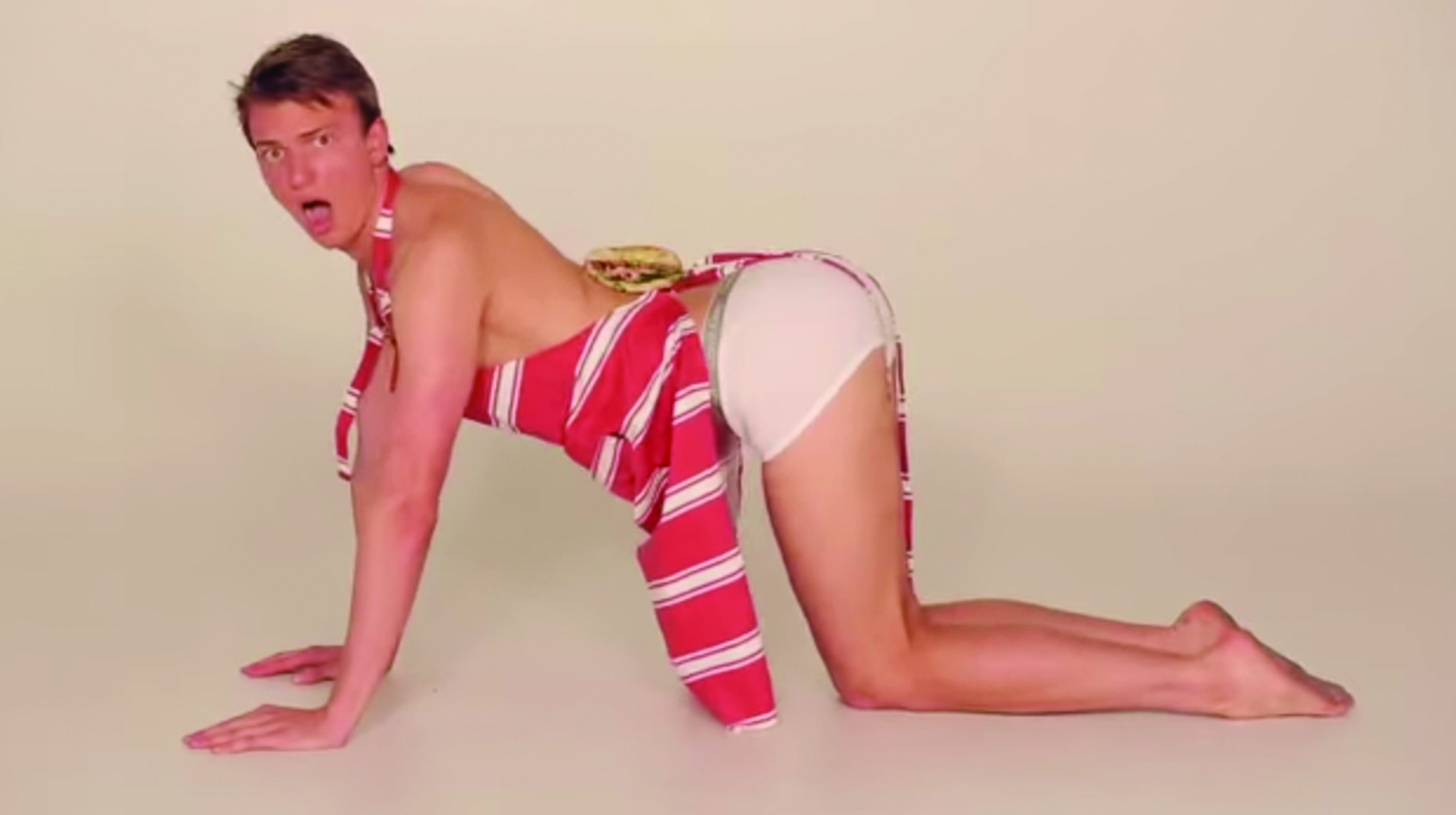‘Blurred Lines’ parody criticizes the inherent misogyny of the original
Photo courtesy of Youtube
RECENTLY, A VIDEO created by a group of New Zealand law students collected over two million views on YouTube. The video, a feminist parody of Robin Thicke’s “Blurred Lines,” is aptly named “Defined Lines.” This satirical video attacks Thicke’s degrading portrayal of women and blows societal stereotypes out of the water.
Thicke’s original music video is guilty of depicting its female models as animalistic and unintelligent. The fact that Thicke also has an uncut version of the video, featuring the same models—now topless—is even more aggravating to those of us who like to view women as more than sexual objects.
Thicke’s original song does project the goal of making women feel as though they can be more open and promiscuous without the fear that they will become a societal pariah. However, this could’ve been portrayed better.
Thicke acts as if women are objects rather than independent, strong individuals. “Defined Lines” turns this objectification around on men, displaying men in underwear on all fours serving the female singers and mock “cumshots” on male faces with whipped cream. The video also uses phrases like “don’t harass me,” “you can’t just grab me, that’s harassment,” and “not fucking plastic.”
My favourite part of the parody is its comparison of how women are depicted in pop culture versus how women are in real life. They even go as far as to label current gender roles as misogyny and mention things such as a feminist liberation—something I believe modern society could definitely use.
The women in “Defined Lines” suggest a manifesto of the modern age to try to change the expectations western society has in place for women, like appearing polite, submissive, and weak. Famous feminist rights activist Gloria Steinem once said, “Any woman who chooses to behave like a full human being should be warned that the armies of the status quo will treat her as something of a dirty joke.”
It seems anytime a woman questions gender roles, she is looked down upon and condemned. For those who can’t understand this feeling, Steinem also said, “A woman reading Playboy feels a little like a Jew reading a Nazi manual.”
One of the best examples Steinem refers to is female body hair. The derogatory comments toward a woman who refuses to shave her legs, armpits, or other areas—an issue men don’t normally have to worry about—is rather ridiculous. We are all human, yet for some reason our society feels the need to set out a mould to fit every individual.
In an ideal world, our expectations and depictions of each other would reflect equality. I realize we have quite a long way to go before that ideal becomes a reality, but videos like “Defined Lines” will get us there faster. Videos like “Blurred Lines” will only keep us stuck in the same harmful pattern we’ve become far too familiar with.





